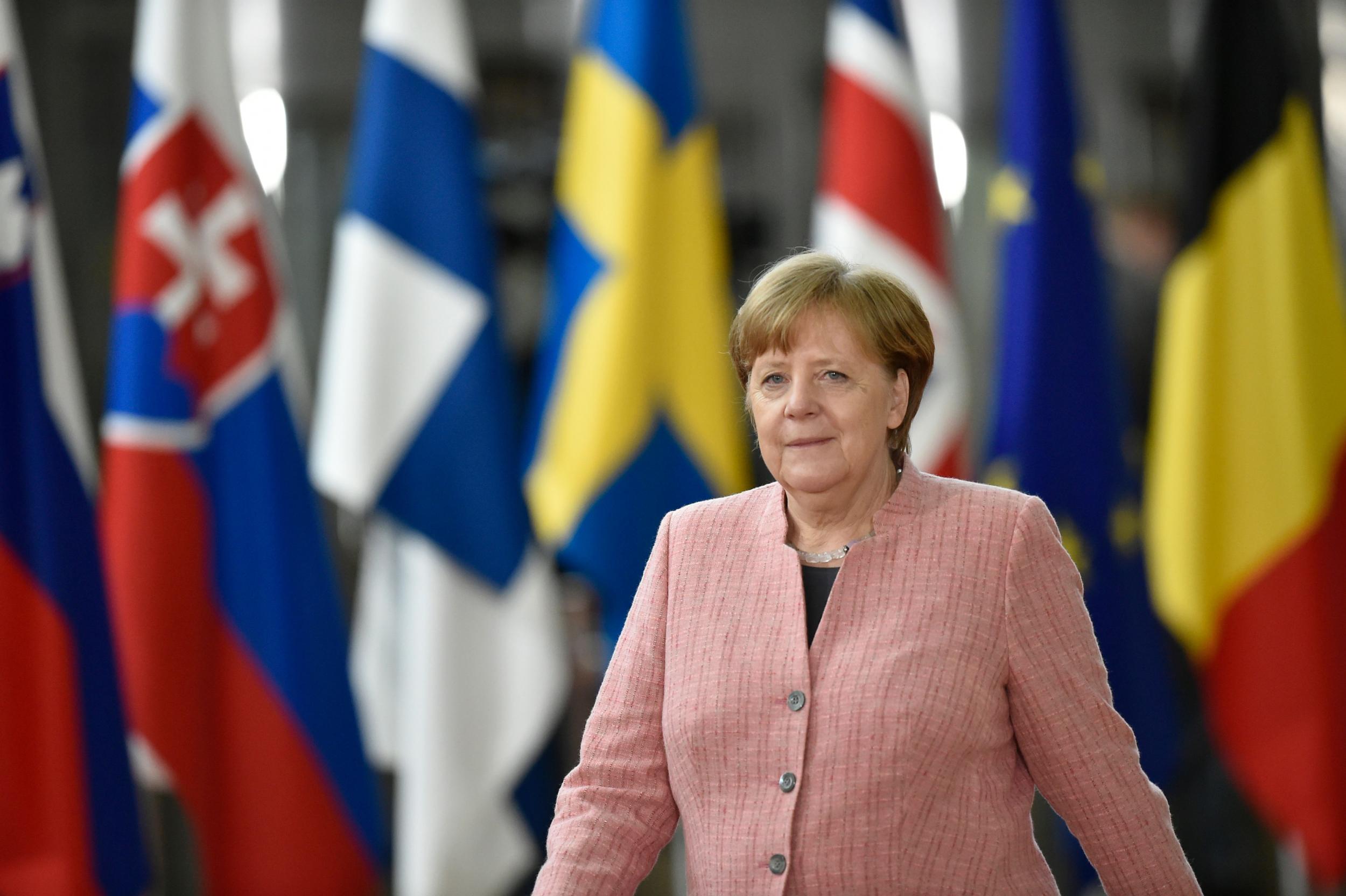EU countries to hold emergency migration summit as Europe hit by renewed political crisis
Migration is back on the agenda in the EU after run of gains for far-right parties

Your support helps us to tell the story
From reproductive rights to climate change to Big Tech, The Independent is on the ground when the story is developing. Whether it's investigating the financials of Elon Musk's pro-Trump PAC or producing our latest documentary, 'The A Word', which shines a light on the American women fighting for reproductive rights, we know how important it is to parse out the facts from the messaging.
At such a critical moment in US history, we need reporters on the ground. Your donation allows us to keep sending journalists to speak to both sides of the story.
The Independent is trusted by Americans across the entire political spectrum. And unlike many other quality news outlets, we choose not to lock Americans out of our reporting and analysis with paywalls. We believe quality journalism should be available to everyone, paid for by those who can afford it.
Your support makes all the difference.EU countries directly affected by the refugee crisis are to hold an emergency summit in Brussels this weekend as continent-wide political tensions escalate over the issue.
Despite a sharp fall in the number of refugees and migrants travelling to Europe this year the issue of migration and asylum has climbed back onto the political agenda after far-right parties entered coalition governments in Austria and Italy.
Representatives of Germany, France, Italy, Spain, Austria and Bulgaria are expected to meet in the EU’s de facto capital on Sunday.
German chancellor Angela Merkel and French president Emmanuel Macron also met near Berlin on Tuesday night to agree a common approach on the issue.
The weekend meeting’s timing is unusual because it comes days before all 28 of the EU leaders will again meet in Brussels at the quarterly European Council summit; migration is also on the agenda there, according to an indicative agenda published on Wednesday.
Leaked plans seen by The Independent ahead of the summit show the European Council is considering plans for migrant processing centres in North Africa among other measures.
France’s finance minister, Bruno Le Maire, warned this week that Europe is “in a process of disintegration” over the issue.
We see states that are turning inward, trying to find national solutions to problems that require European solutions
“We see states that are turning inward, trying to find national solutions to problems that require European solutions,” he said.
The meeting comes a week after Austria’s conservative chancellor Sebastian Kurz, who is in coalition with the far right, said he wanted to form an anti-immigration “axis” at an EU level with Germany and Italy.
Italy’s new far-right interior minister Matteo Salvini on Tuesday announced he wants to conduct a “census” of the Roma traveller population in Italy and deport those without Italian nationality. Last week he closed Italy’s ports to a refugee rescue ship with more than 600 people including children, pregnant women and those in need of medical attention on board. The vessel was forced to make a four-day voyage to Spain.
Germany, which has been at the forefront of promoting a welcoming policy towards refugees under Angela Merkel, has also been engulfed in a domestic political row of its own.
Ms Merkel’s own interior minister, Horst Seehofer, wants a new policy that would see Germany deny entry to migrants registered in other countries. However the chancellor reportedly wants any policy change to be coordinated at an EU level.
Mr Seehofer’s conservative Christian Social Union, which has been closely allied with Ms Merkel’s centre-right Christian Democratic Union since 1949, faces Bavarian regional elections in the autumn and fears losing ground to the far-right Alternative für Deutschland.
Jean-Claude Juncker, president of the European Commission, said on Wednesday: “I am convening an informal working meeting on migration and asylum issues in Brussels on Sunday, in order to work with a group of heads of state or governments of member states interested in finding European solutions ahead of the upcoming European Council.”
Join our commenting forum
Join thought-provoking conversations, follow other Independent readers and see their replies
Comments